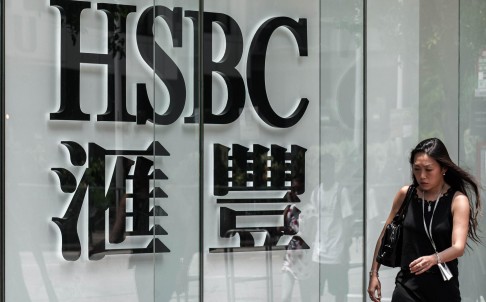The UN is a large organization that provides a platform for countries to address problems and discuss solutions. Alternatively, social enterprises are smaller in scale and use methods of business to create healthy communities. Taking this fundamental difference into consideration, I feel that the world would still need social enterprises even if the UN was fully funded.
One issue with relying so much on the UN is that it can be heavily influenced by the interests of certain member nations which may have their own agendas. The UN consists of fifteen member nations, five of which are permanent. The issue with this is that if any country among the five vetoes a vote, even if there is consensus among the rest of the nations, the council resolution cannot be adopted. For example, despite attempts to intervene and prevent genocide in Syria, China and Russia used veto power to halt any international action. On the other hand, social entrepreneurs like Muhammad Yunus do not have to go through such a biased decision making process and can make change through their own volition. Muhammad simply saw an opportunity to instigate social change by giving money to impoverished Bangladeshis which created a sustainable business model. The world needs companies that have specific target beneficiaries that prioritize individual communities. I feel that social entrepreneurs have more of a connection to their community and sense of accountability to the outcomes created, and the world needs this missionary mindset.



